The best recording of Mozart's Flute Concerto No. 1
Sharon Bezaly (flute) Ostrobothnian Chamber Orchestra/Juha Kangas BIS Records BIS SACD153901
Sharon Bezaly is renowned – and revered by flautists – for her powerful, full-bodied tone and iconic 24-carat gold flute. The Israeli’s technical abilities have inspired reams of major works including those by José Serebrier, Sally Beamish and Christian Lindberg. But in 2005, when this recording was made, her reputation as the ‘Paganini of the flute’ was still in its infancy, and she would go on to be a BBC New Generation Artist the following year.
The recording attracted plaudits from across the world, including a five-star review in these pages. It was so successful that BIS reconvened the original lineup – with the Ostrobothnian Chamber Orchestra and conductor Juha Kangas – to add the Flute and Harp Concerto (with harpist Julie Palloc) for a reissue in 2008.
Bezaly enters the Allegro at a spritely pace and shrugs off the tumbling semiquaver passages with ease, using a sparse vibrato on the few extended notes. However, it is towards the end of the first movement that the real magic happens. There is a rallentando and an exaggerated pause in the strings to indicate that A Cadenza Is Coming.
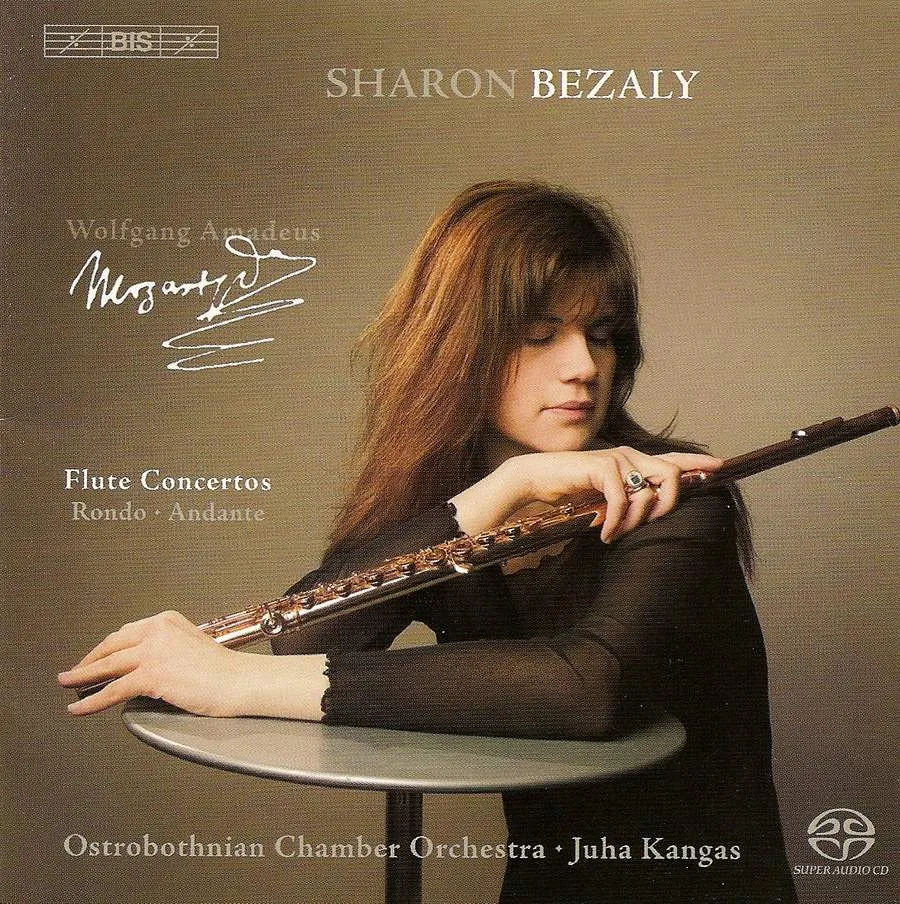
This is not just any cadenza – this, and the others on the disc, were newly written by Finnish composer Kalevi Aho especially for this recording. Although not written in an 18th-century style, strictly speaking, they are sympathetic to the contextual music. The extended tonal and dynamic range sits surprisingly well with what we’ve heard before. There is a whisper of the original theme before Bezaly whips up an series of high-octane melodies punctuated with high-octave trills.
Kangas sets the Finland-based Ostrobothnian Chamber Orchestra off at a stately speed in the Adagio, but Bezaly’s entrance is one of utmost and admirable restraint. Her ornamentation is simple and refined, and there is careful balance between soloist and ensemble from the engineering side.
Very occasionally we hear Bezaly take a breath; and depending on your personal preference, this will either add or distract from the listening experience. The compact cadenza echoes the perambulating style of the main movement – it is more showy than some older versions (such as William Bennett’s, see above) but manages to remain in keeping with the Mozartian melodies. In the closing movement, Bezaly is finally free to canter through the thickets of semiquavers, achieving an enviable evenness across the range.
Three other great recordings of Mozart's Flute Concerto No. 1
Juliette Bausor Signum SIGCD467
Mozart’s melodies are given space to breathe in this nicely paced interpretation, which was released in 2016. Juliette Bausor, now principal flautist at the London Philharmonic Orchestra, draws out the Adagio, providing opportunities for the notes to rest, while Jaime Martin and the Royal Northern Sinfonia – Bausor’s alma mater – linger over the gentle accompaniment. The Rondeau is fresh as a daisy. In a programmatic twist, Mozart’s tonal tunes are paired with the drama and mystery of Nielsen’s 1926 Flute Concerto.
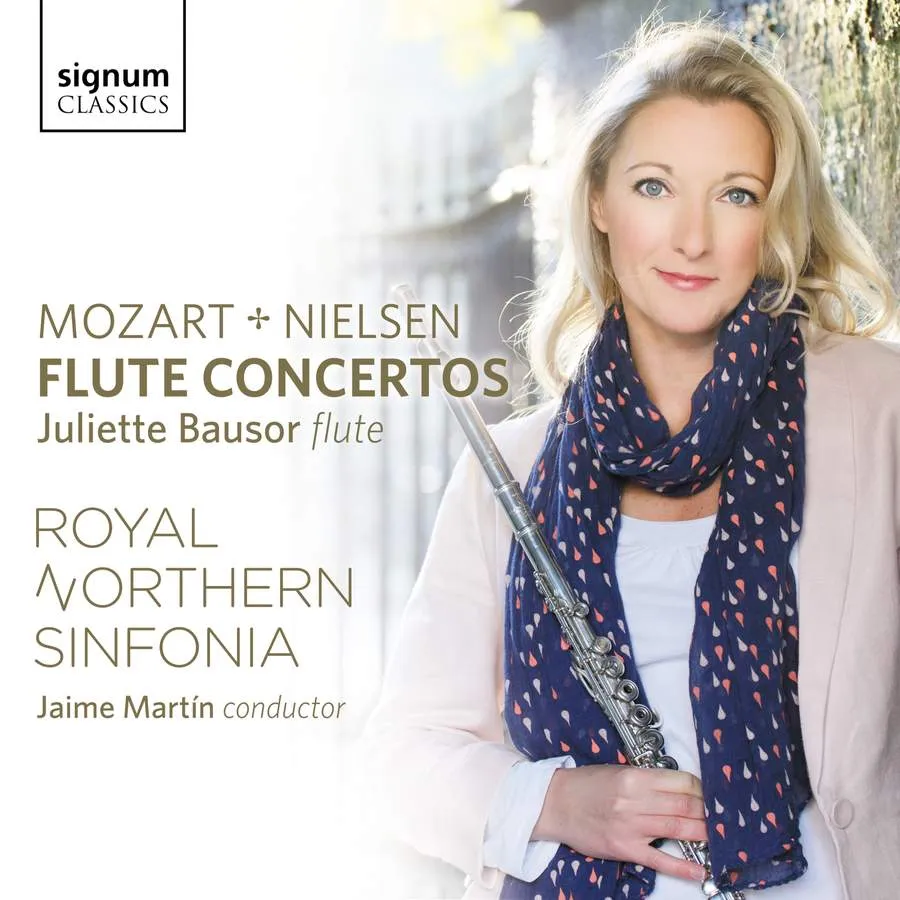
William Bennett Decca 440 0802
Now 84, William Bennett – affectionately known as ‘Wibb’ in fluting circles, including the British Flute Society, of which he is president – has probably made more recordings than any other flautist. His 1979 version of this concerto, performed with long-time collaborators English Chamber Orchestra under George Malcolm, is one of the finest. Bennett’s clear lines and uncluttered ornamentation let the melody do the work; it is only in the glorious cadenzas that he allows himself off the lead.
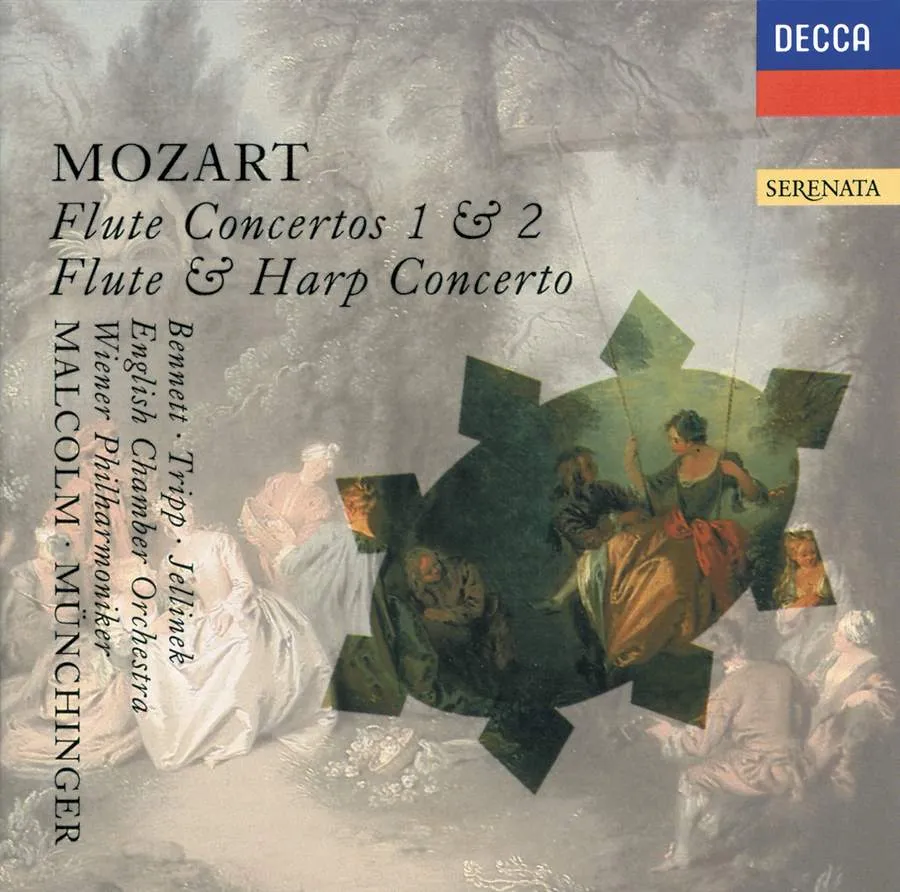
Emmanuel Pahud Warner 556 3652
This brisk 1996 reading has a lightness of touch in the outer movements, with a sweetness in the Rondeau that never becomes sickly. The middle Adagio is weightier than other accounts, bearing the stamp of conductor Claudio Abbado and the Berlin Philharmonic, where Pahud has been co-principal flute since 1993. The dynamic contrasts and rubato are carefully engineered; Pahud’s multi-faceted timbre is neatly captured. Having recently proved himself adept at nearly every subcategory of the flute repertoire, this recording shows that he is also king of the masterworks.
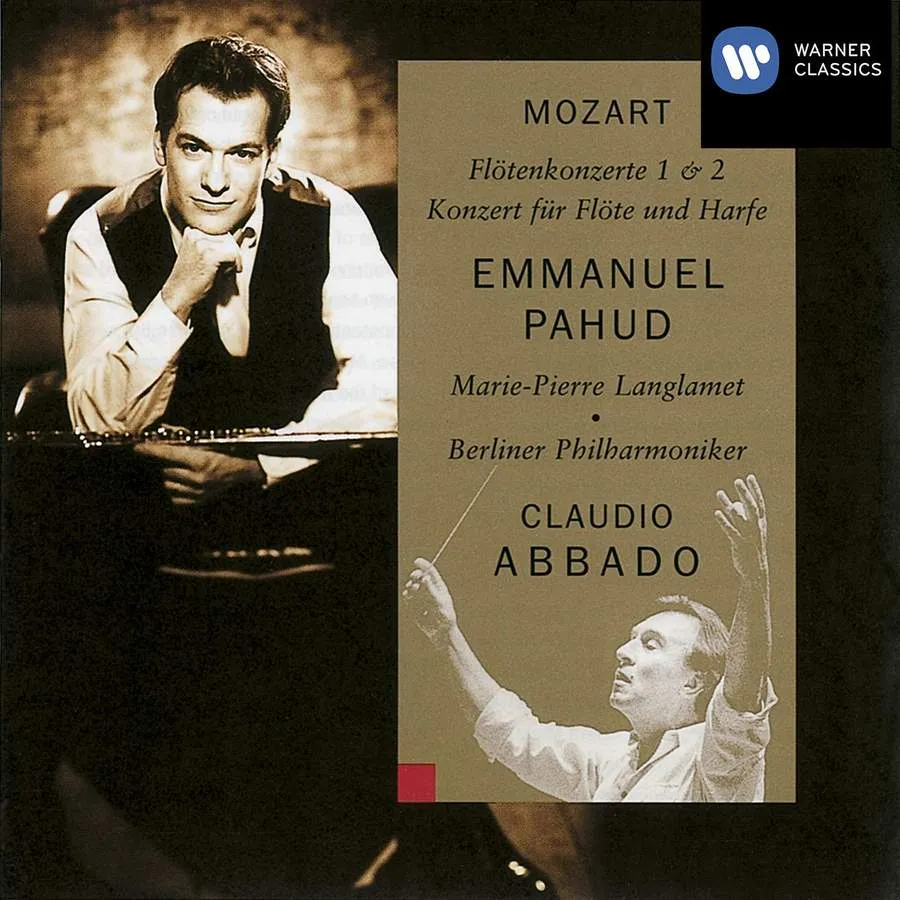
And one to avoid...
James Galway RCA G0100004781105
On paper, James Galway and the Festival Strings Lucerne under Rudolf Baumgartner make a dream team, but there’s something about their 1988 recording for RCA that just doesn’t work. Galway’s solo part is too smoothly contoured – that famous tone is pleasant enough, but the music feels shapeless. The sound quality isn’t great either: the cadenza at the end of the first movement sounds like it was played off stage. A subsequent, pacy version recorded in 1997 with the Academy of St Martin in the Fields fares much better.
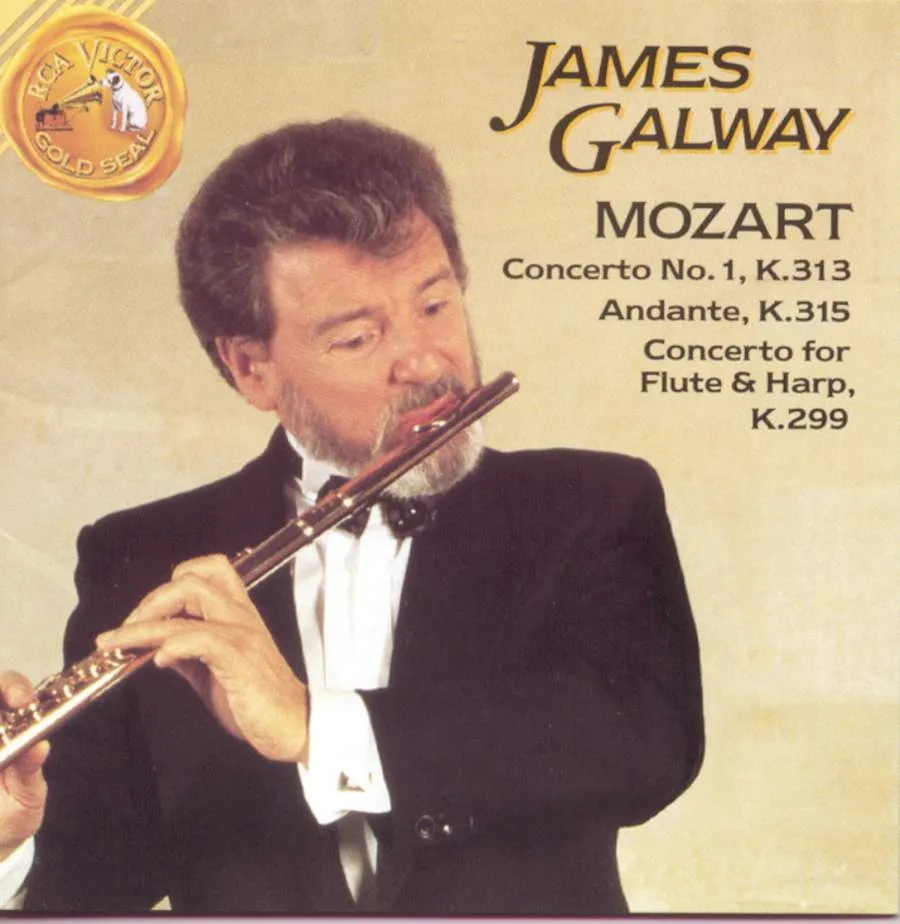
Words by Claire Jackson.
You can read our reviews of the latest Mozart recordings here
Here are the best music streaming services on offer